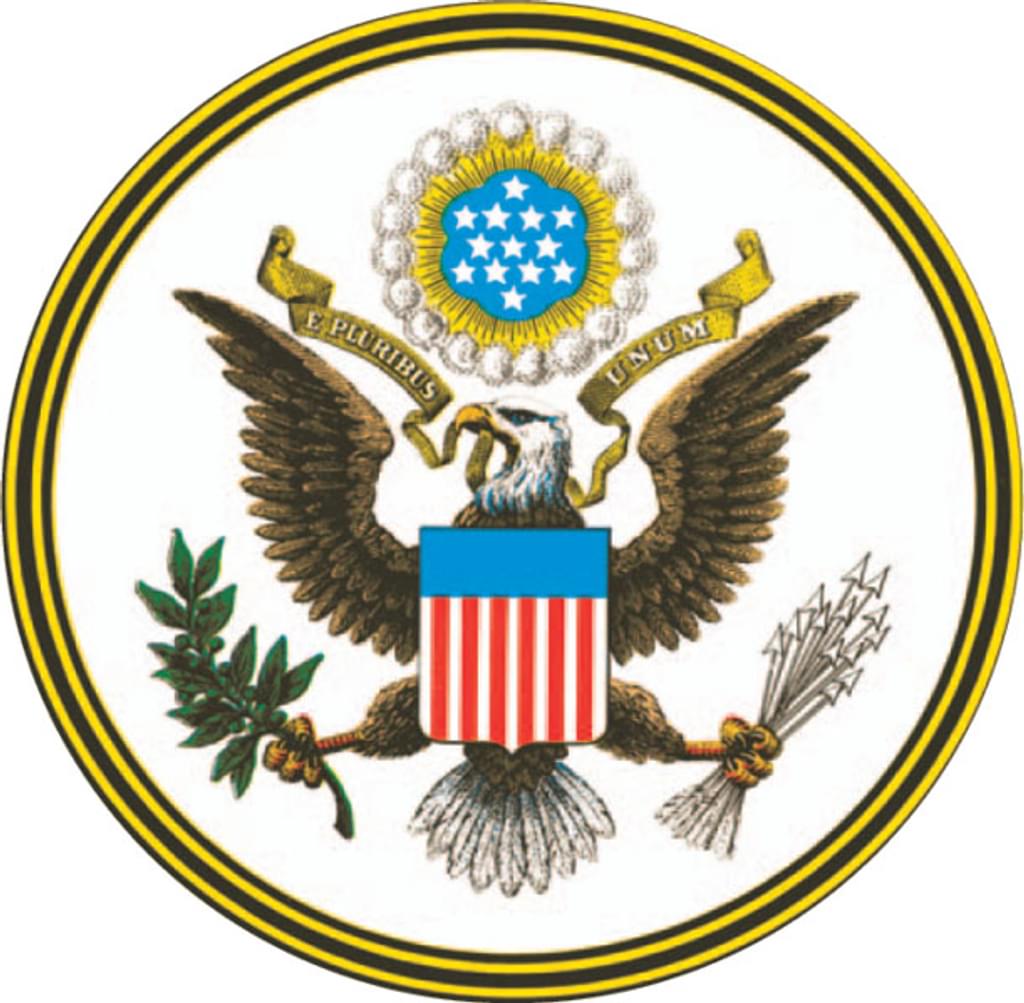
The recent federal capital trial of Brian Richardson in Atlanta illustrated the high costs of litigation when the death penalty is sought. Richardson’s case required more than 30 lawyers, and cost hundreds of thousands of dollars in expert witness fees. The U.S. Attorney’s Office assigned eight prosecutors to the case and appointed 20 private attorneys to represent inmates who were testifying against Richardson. The Federal Defender’s Office assigned four attorneys and two investigators to Richardson’s defense. The office spent almost $200,000 for its experts and expenses. Other costs to taxpayers included more than $150,000 billed by mental health experts who planned to testify at trial, but were prohibited from doing so. In the end, the defendant was sentenced to life without parole. U.S. District Judge Clarence Cooper barred the expert testimony after finding that prosecutors misled him as to how the experts would conduct Richardson’s mental health evaluation. Two assistant U.S. Attorneys were also removed from the case. One was stricken after recordings revealed a disturbing conversation between the prosecutor and a government snitch. The second prosecutor was barred because of a conflict of interest, but he continued working on the case behind the scenes, in defiance of the judge’s order. Brian Mendelsohn, one of Richardson’s lawyers, said, “This was a colossal waste of taxpayer money. Brian was willing to plead guilty in exchange for a life sentence from day one. This entire episode could have been avoided.”
Richardson was in prison for armed robbery and had murdered his cellmate in the U.S. Penitentiary in Atlanta. The prosecution took four years and resulted in a 9-week trial. The government helped get reduced sentences for some of the inmates they brought in and who cooperated with the prosecution. The Justice Department’s Office of Professional Responsibility is investigating the actions of the original prosecutors.
(B. Rankin, “Costs questioned in failed death-penalty case,” Atlanta Journal-Constitution, August 12, 2012). See Costs and Federal Death Penalty. Listen to our podcast on Costs.
Federal Death Penalty
Mar 27, 2024

Federal Appellate Court Ruling Requires Investigation into Jury Bias in Boston Marathon Case
Federal Death Penalty
Jan 09, 2024

Federally Death-Sentenced Prisoners Allege that New Conditions of Confinement Contributed to Recent Prisoner Death
Federal Death Penalty
Oct 23, 2023


